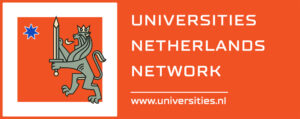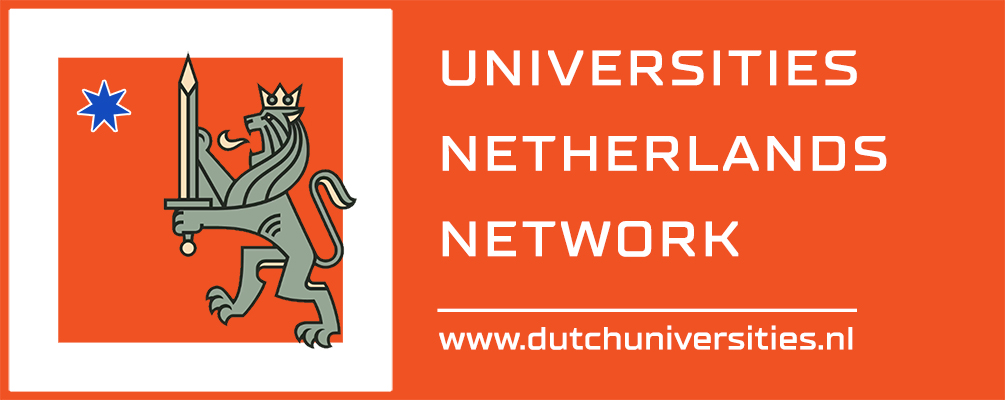History
Founded on January 8, 1842, as the Royal Academy for the training of civil engineers by King William II, Delft University of Technology (TU Delft) in Delft, Netherlands, has evolved from a modest polytechnic school into one of the world’s leading public research universities. Initially focused on training engineers for colonial infrastructure, it became a full university in 1905 and adopted its current name in 1986. With a rich 180-year history, TU Delft has grown to enroll over 27,000 students and employ approximately 6,000 faculty and staff by 2025, earning a global reputation for excellence in science, engineering, and design. Ranked 47th in the 2025 QS World University Rankings, TU Delft is the highest-ranked university in the Netherlands, celebrated for its contributions to fields like civil engineering, aerospace, and sustainable energy, and for producing notable alumni such as Nobel laureate Jacobus van ‘t Hoff and architect Rem Koolhaas.
Programs Offered
TU Delft offers a comprehensive range of programs across eight faculties: Architecture and the Built Environment, Civil Engineering and Geosciences, Electrical Engineering, Mathematics and Computer Science, Industrial Design Engineering, Aerospace Engineering, Technology, Policy and Management, Applied Sciences, and Mechanical, Maritime and Materials Engineering. The university provides over 40 bachelor’s programs and 60 master’s programs, with more than 80% taught in English to accommodate an international student body from over 100 countries. Signature programs include Aerospace Engineering, Civil Engineering, Computer Science, and Sustainable Energy Technology, with interdisciplinary options like Artificial Intelligence, Robotics, and Circular Economy. TU Delft is renowned for its research-driven education, offering PhD programs and professional education courses, particularly in engineering and innovation management. Its hands-on learning approach, exemplified by project-based courses and design studios, prepares students to tackle global challenges in technology and sustainability.
Highlights
TU Delft stands out for its cutting-edge research and innovation, hosting world-class facilities like the TU Delft Wind Tunnel, the Reactor Institute for nuclear research, and the Green Village, a living lab for sustainable technologies. The university leads globally in areas such as water management, quantum technology, and aerospace, with its Faculty of Aerospace Engineering being one of the largest in the world. TU Delft’s D:Dream teams, such as the Delft Hyperloop and Solar Boat Team, consistently win international competitions, showcasing student innovation. Its campus in Delft is a vibrant hub, integrating historic buildings with modern facilities like the ECHO lecture hall and the TU Delft Library, known for its iconic green roof. The university fosters strong industry ties, collaborating with companies like Shell, Philips, and Airbus, and supports entrepreneurship through its YES!Delft incubator, one of Europe’s top startup hubs. With a commitment to open science and sustainability, TU Delft contributes to global solutions, from climate-resilient infrastructure to advancements in quantum computing. For more information, visit www.tudelft.nl.

